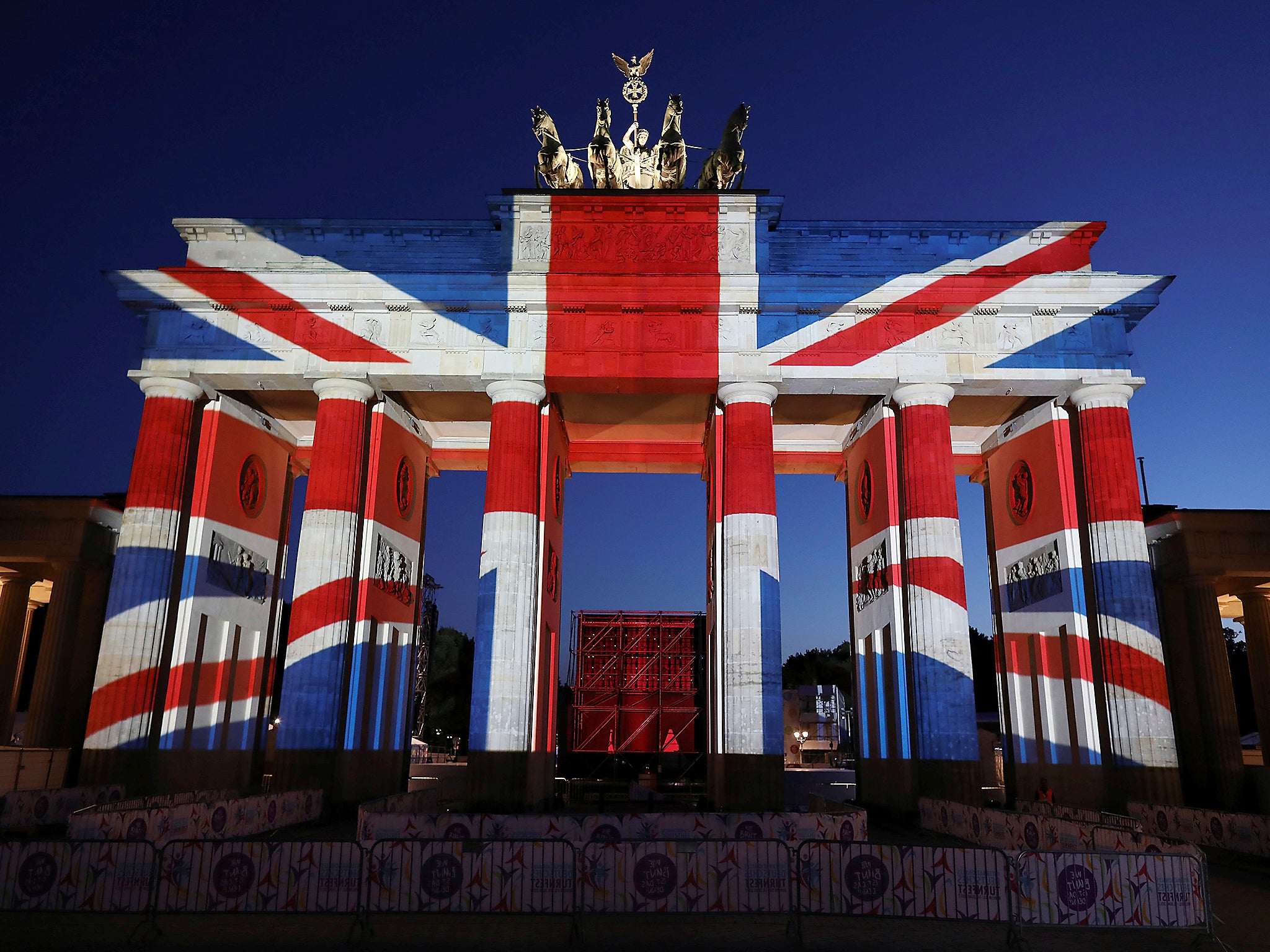Number of Britons granted German citizenship increases 361% in one year
Naturalisations of Britons rise faster than those of citizens from any other country

Your support helps us to tell the story
From reproductive rights to climate change to Big Tech, The Independent is on the ground when the story is developing. Whether it's investigating the financials of Elon Musk's pro-Trump PAC or producing our latest documentary, 'The A Word', which shines a light on the American women fighting for reproductive rights, we know how important it is to parse out the facts from the messaging.
At such a critical moment in US history, we need reporters on the ground. Your donation allows us to keep sending journalists to speak to both sides of the story.
The Independent is trusted by Americans across the entire political spectrum. And unlike many other quality news outlets, we choose not to lock Americans out of our reporting and analysis with paywalls. We believe quality journalism should be available to everyone, paid for by those who can afford it.
Your support makes all the difference.The number of Britons granted German citizenship nearly quadrupled in 2016, new figures have revealed.
Naturalisations of Britons rose faster than those of citizens from any other country, with 2,865 given German citizenship last year - a 361% increase on 2015.
The figures were released by the federal statistics office, which reports to Germany’s interior ministry and said the rise was linked to the UK’s planned withdrawal from the European Union.
“The number of citizens of the United Kingdom who were naturalised as German citizens increased in particular, which suggests some link with the Brexit issue,” it said in a statement released on Tuesday.
The process of receiving German citizenship involves a delay of several months, suggesting the number will rise still further in 2017. Just 3.9% of Britons who have lived in the country for a decade or more have been naturalised as German citizens so far.
After three years of declining or stagnating, the total number of foreigners receiving German citizenship rose by 2.9% in 2016, to 110,400.
Turks represented the largest group, with 3,597 receiving German citizenship overall despite a 17.3% year-on-year fall. It was followed by Poland and Ukraine, with the UK in tenth place.
Uncertainty over the rights of Britons to work and travel in the European Union has led to an upsurge in those seeking to preserve those rights through links to other EU countries.
There was a 40% increase in British residents in France applying for French citizenship in 2016, according to the French embassy in London.
Mark Nightingale, a 29-year-old self-employed Briton living in Strasbourg, applied for French nationality before the Brexit vote as an “insurance policy.”
"The Brexit vote made me feel like British people were saying they didn’t want people like me to exist. Having a British passport has been feeling like a badge of shame," he said.
“Regardless of the election result, I’m still happy I got French citizenship, as Brexit is still going to happen."
The official timetable for Brexit indicates that Britain will leave the European Union by March 2019. A hung parliament could however delay the process and cause further uncertainty for the one million UK nationals living in member states.
“My preoccupation is that time is passing, it is passing quicker than anyone believes because the subjects we have to deal with are extraordinarily complex,” the EU’s chief negotiator Michel Barnier told the FT in an interview on Monday.
Join our commenting forum
Join thought-provoking conversations, follow other Independent readers and see their replies
Comments